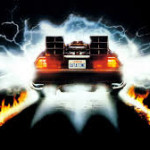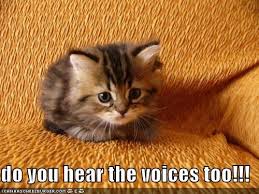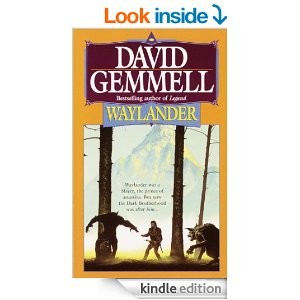 Last month we explored the many reasons we love being writers and some of the things that help keep us motivated. Now that we’re filled with optimism and eager to get back to work, hopefully we can find ways to work smarter. The reality of writing every day can be tough, but we’re ready to face the truth.
Last month we explored the many reasons we love being writers and some of the things that help keep us motivated. Now that we’re filled with optimism and eager to get back to work, hopefully we can find ways to work smarter. The reality of writing every day can be tough, but we’re ready to face the truth.
Truth Number 1: Becoming a professional author takes a long time.
Writing is a process, an evolution of skill and craft and voice and a hundred other components all merging together to become something brilliant. It’s one of the few jobs that usually requires years of investment with no real promise of a profitable return to show at the end. Most people who follow the Muse and begin writing a novel never even finish. Those of use who do then learn that the writing of the novel was just the beginning. Still we slog ahead, motivated by those moments of excellence that remind us why we love what we do, and encouraged by the second universal truth of writing.
Truth Number 2: Determination and consistency matter more than simple brilliance.
Every established author repeats the same mantra: keep writing. Those authors who keep trying, keep learning, keep producing will eventually find some measure of success. This is a truth that is easy to lose sight of when we get discouraged by yet another rejection or by those debilitating second thoughts and self doubt. Just keep going and we’ll get there.
Of course some of us take longer than others. Writing is a learning curve, but some writers seem to enjoy a gentler slope. The rest of us make mistakes that delay our progress or we just take a while to learn important foundational principles. Could we have shortened our up-front investment time by learning things sooner, by seeing clearer?
Probably.
So this month we are going to share advice we wished we had received earlier in the process. Imagine finding a way to go back in time to visit yourself as a brand new writer, just starting out. Imagine we handle that time paradox well. Assume that we don’t just decide to focus our energies on making a quick fortune investing in all the things our older selves could predict would be winners. In fact, we focus the brief message only on writing.
a way to go back in time to visit yourself as a brand new writer, just starting out. Imagine we handle that time paradox well. Assume that we don’t just decide to focus our energies on making a quick fortune investing in all the things our older selves could predict would be winners. In fact, we focus the brief message only on writing.
What would we say?
What advice or encouragement would we give ourselves? What could we do to help ourselves find a better way to success, a greater mastery of craft? Would we even try?
This month, we’ll find out.






